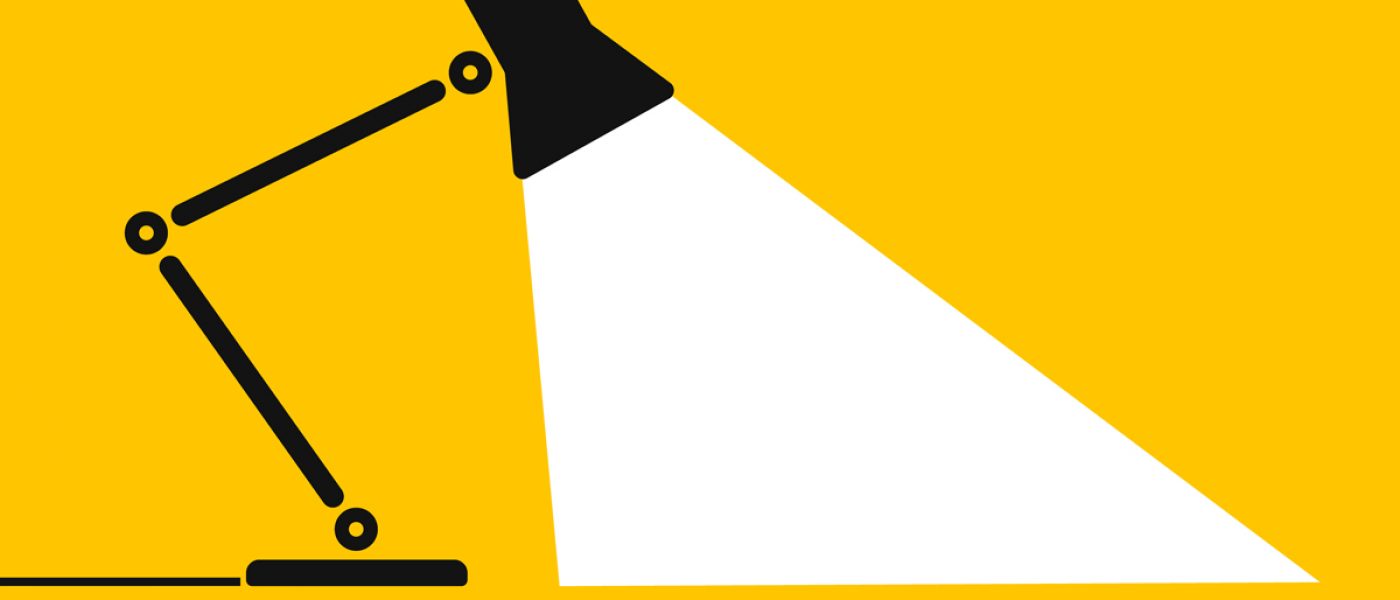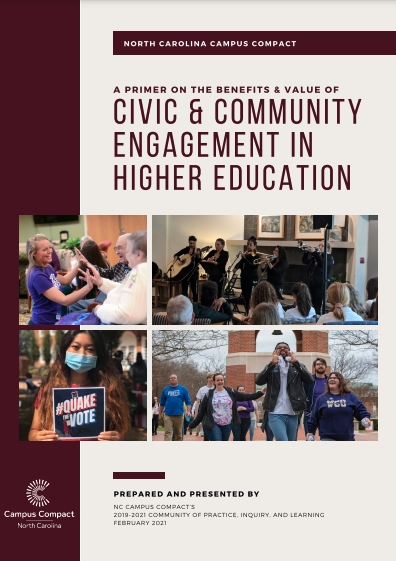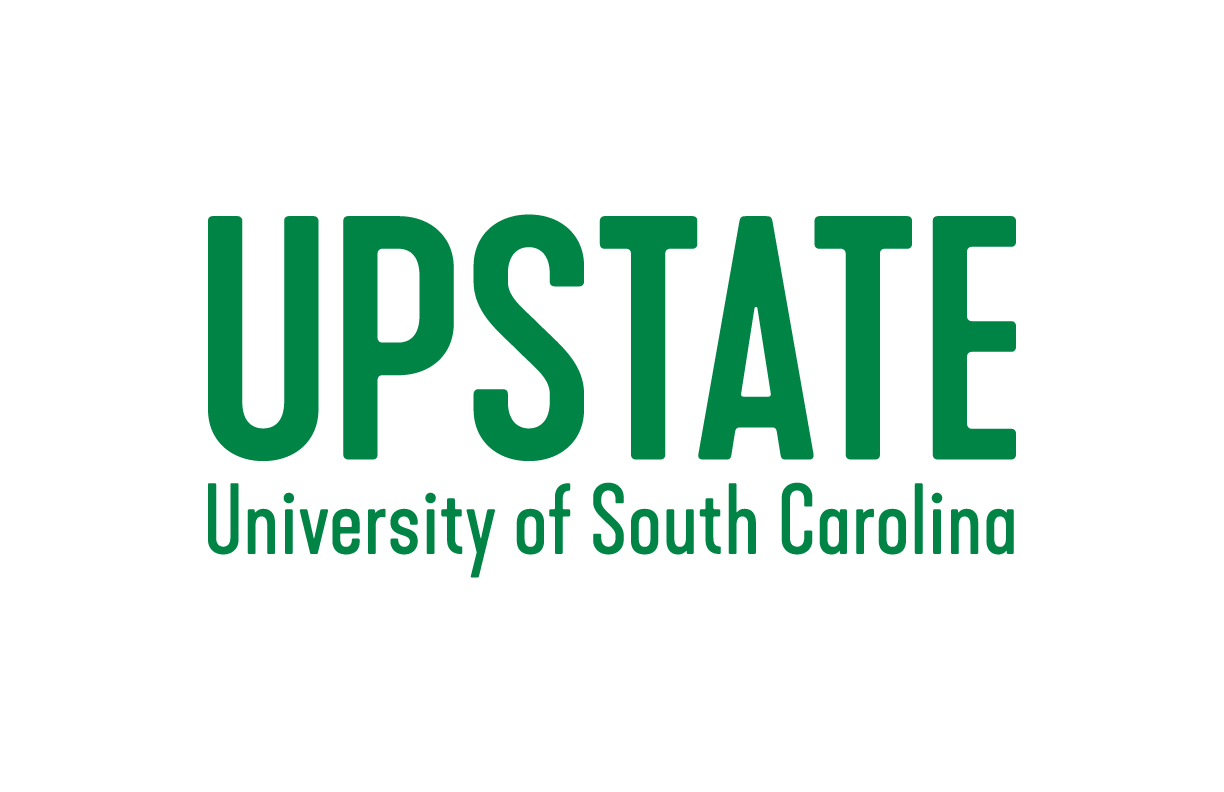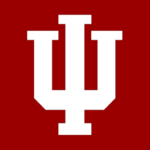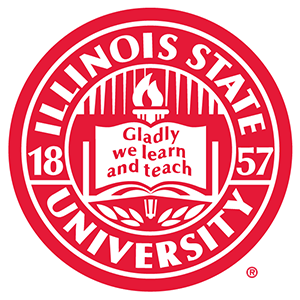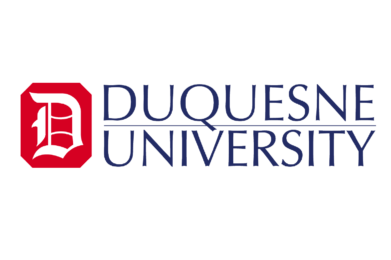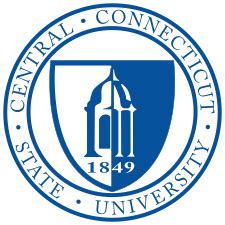Collaboratory’s Shining the Light series highlights the amazing work of our institutional partners and shares examples of community engagement and public service activities captured in Collaboratory.
Recognizing that community engagement is an integral strategy through which campuses contribute to and achieve the mission and goals of their institutions, this series is guided by the Benefits of Civic and Community Engagement Primer co-edited by Collaboratory’s own Kristin Medlin and published by our partners, North Carolina Campus Compact’s Community of Practice, Inquiry & Learning (COPIL).
The primer:
- Assembles evidence of how civic and community engagement (CCE), when done well, contributes to the overarching goals of higher education
- Highlights the range of CCE activities occurring in community-campus partnerships throughout the state of North Carolina
- Provides a tool to aid in deepening the practice of engagement, and
- Makes the case for investment in and commitment to CCE
This installment of Shining the Light features community engagement and public service activities alongside LGBTQ+ groups or individuals.
Reel Queer Youth and Community Co-Presentations during various film festivals
To train LGBTQ youth how to tell stories and express themselves through film and video production.
Reel Queer Youth is a week-long media literacy and production program for LGBTQ youth and their allies. The event is held annually in Seattle, and in 2017, I partnered with Three Dollar Bill Cinema to bring the workshop to Tacoma.
Bodies of Knowledge
Bodies of Knowledge is an LGBTQ-themed event founded in 2008 in memory of Sean Kennedy, a young man who was killed in Greenville in 2007. There are several goals of this biennial event: to create a safer, more understanding community for everyone by offering high-quality presentations about LGBTQ experience in the Upstate and beyond; to change the conversation around LGBTQ lives in the Upstate; to improve the climate of the Upstate for its LGBTQ youth, and promote civil and well-informed discussion around sexuality and nonconforming gender identities in the region.
Queer Philanthropy Circle
The Indiana University Queer Philanthropy Circle (QPC) is a higher education giving circle connected specifically to the LGBTQ+ community and led by a diverse group of committed volunteers. Through programs, funding, policy, outreach, and one-on-one support, in partnership with the IU Office of the Vice President for Diversity, Equity and Multicultural Affairs (OVPDEMA), the QPC supports various programs and initiatives that strengthen the engagement of LGBTQ+ alumni and allies of Indiana University.
The goal of QPC is to ensure that people of all walks of life—and especially underserved and minority populations—are inspired to learn, innovate, and create. Funds received support this mission and fund initiatives and programs designed to help deserving students achieve their college dreams.
Religious Organizations and LGBTQIA+ Inclusivity in Bloomington-Normal
Illinois State University’s Center for Civic Engagement (CCE) and the Office of Student Research (OSR) recently partnered with the Prairie Pride Coalition (PPC), a local nonprofit organization, to sponsor research on the inclusivity of sexual orientation and gender identity diversity within Bloomington-Normal religious/spiritual establishments (churches, mosques, synagogue, etc.)
Downtown Outreach Center Services: The Role of OT with Homeless Youth
An occupational therapist can be a valuable team member in carrying out SAFELY Pittsburgh at DOCS. Occupational therapists are trained in psychosocial care, which can be applicable to the residents of the facility. Occupational therapists working in this program will develop rapport with the clients and work with them to create unique individuals goals using the cognitive, behavioral, and psychological domains. Occupational therapists can work collaboratively with residents to create more productive thought processes, which will, in turn, change their behavior. Promoting positive behaviors will facilitate healthy lifestyle changes and increase self-efficacy and self-awareness that will be useful in the incorporation of self-advocacy efforts into daily living. According to scholars of Duquesne University, the model of practice-scholarship in occupational therapy is rooted in founding new partnerships and supporting new interests in research and service (Crist, Muñoz, Hansen, Benson, & Benson, 2005).
LGBTQ Museum/Exhibit
This History 403 course worked closely with CT Landmarks to research and document the LGBTQ history of the Palmer Warner House in East Haddam, contextualizing the lives of the two men that lived there with the larger queer experience in the state and nation, 1900-2000. The goal is to open Palmer-Warner as an LGBTQ historic site.
Love is a Drag
Annual event on or near Valentine’s Day, featuring various Drag performances. Performers are found by the LGBTQ Resource Center and the show is open all. Event raises awareness for local venues and provides attendees with an affirming space.
Want to learn more about Collaboratory?
Email info@cecollaboratory.com to learn more about how to leverage Collaboratory to tell your institution’s story of engagement.
